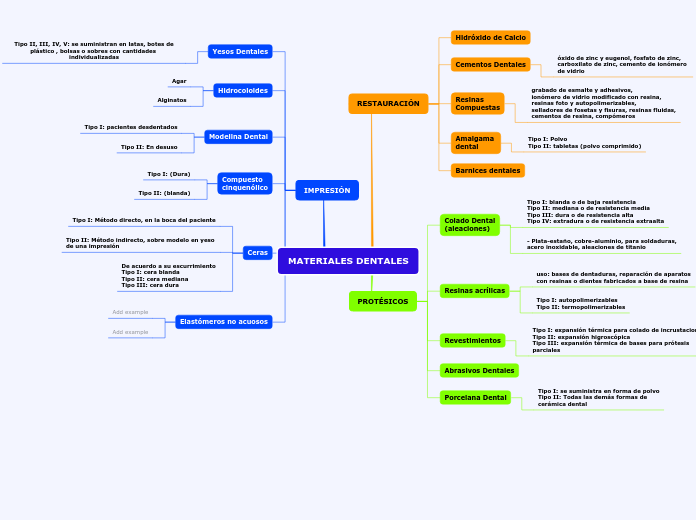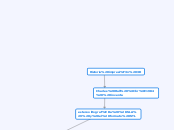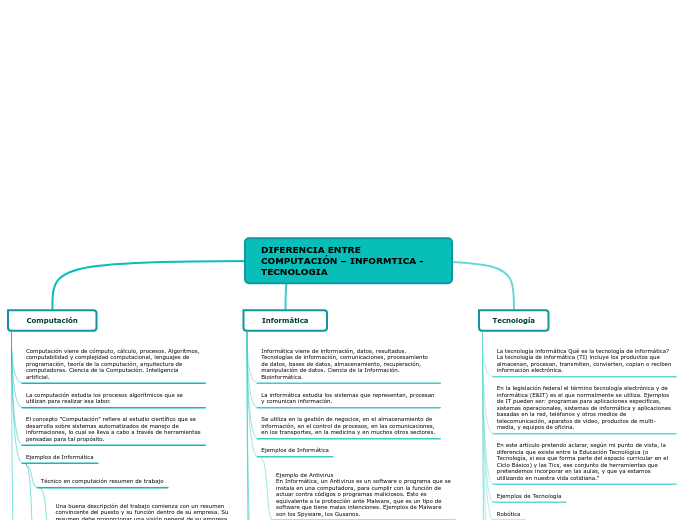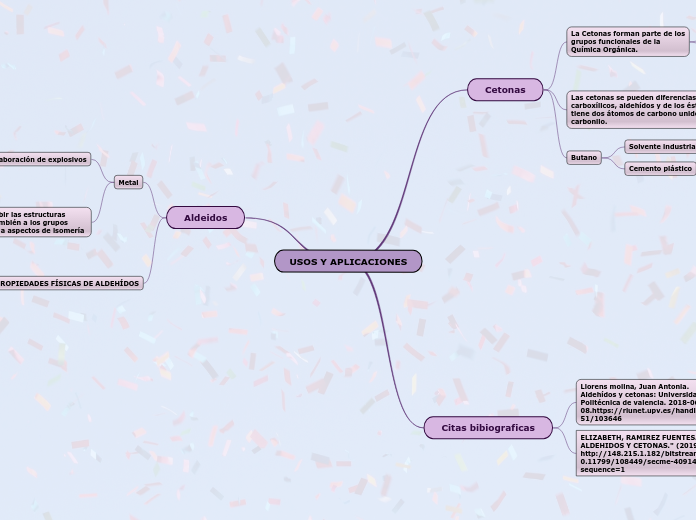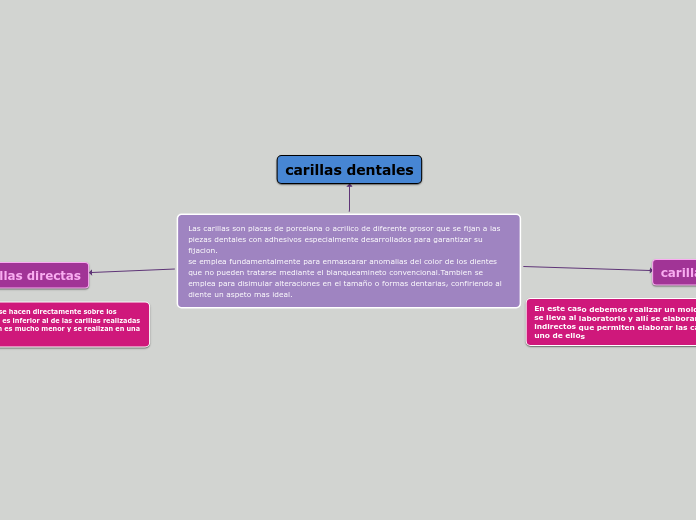MATERIALES DENTALES
In linguistics, syntax is the set of rules, principles, and processes that govern the structure of sentences in a given language, usually including word order.
IMPRESIÓN
A complex sentence is a sentence that contains an independent clause and one or more dependent clauses.
An independent clause can stand alone as a sentence, but a dependent clause even though it has a subject and a verb cannot stand alone.
Elastómeros no acuosos
Add example
Ceras
An adverbial clause is a group of two or more words that function as an adverb in a sentence.
De acuerdo a su escurrimiento
Tipo I: cera blanda
Tipo II: cera mediana
Tipo III: cera dura
Tipo II: Método indirecto, sobre modelo en yeso
de una impresión
Tipo I: Método directo, en la boca del paciente
Compuesto
cinquenólico
An appositive clause follows another noun or noun phrase in apposition to it; that is, it provides information that further identifies or defines it.
Tipo II: (blanda)
Tipo I: (Dura)
Modelina Dental
The subject clause is a dependent clause that acts as a subject.
Tipo II: En desuso
Tipo I: pacientes desdentados
Hidrocoloides
A predicative clause may be introduced by conjunctions - that, whether, whether... or, as, as if, as though, because, lest, the way - or connectives.
The latter may be conjunctive pronouns - who, whoever, what, whatever, which - or conjunctive adverbs - where, wherever, when, whenever, how, why.
Alginatos
Agar
Yesos Dentales
The object clause is a phrase on which a verb performs an action. It falls at the end of a sentence, and is governed by a verb or a preposition.
Tipo II, III, IV, V: se suministran en latas, botes de
plástico , bolsas o sobres con cantidades individualizadas
PROTÉSICOS
Porcelana Dental
See the example below and try to create your own simple sentences.
Tim is driving the red car.
Tipo I: se suministra en forma de polvo
Tipo II: Todas las demás formas de
cerámica dental
Abrasivos Dentales
See the example below and try to create your own simple sentences.
Tim is driving the car with his mother.
Revestimientos
See the example below and try to create your own simple sentences.
Tim is the driver.
Tipo I: expansión térmica para colado de incrustaciones
Tipo II: expansión higroscópica
Tipo III: expansión térmica de bases para prótesis parciales
Resinas acrílicas
See the example below and try to create your own simple sentences.
Tim drives the car.
Tipo I: autopolimerizables
Tipo II: termopolimerizables
uso: bases de dentaduras, reparación de aparatos
con resinas o dientes fabricados a base de resina
Colado Dental
(aleaciones)
See the example below and try to create your own simple sentences.
Tim drives.
- Plata-estaño, cobre-aluminio, para soldaduras,
acero inoxidable, aleaciones de titanio
Tipo I: blanda o de baja resistencia
Tipo II: mediana o de resistencia media
Tipo III: dura o de resistencia alta
Tipo IV: extradura o de resistencia extraalta
RESTAURACIÓN
Barnices dentales
The attribute is defined as a quality or characteristic of a person, place or thing.
Amalgama
dental
The predicative is defined as an adjective or noun forming or contained in the predicate.
Its main trait is that it serves to express a property that is assigned to a 'subject'.
For e.g.: The dog is old.
Tipo I: Polvo
Tipo II: tabletas (polvo comprimido)
Resinas
Compuestas
Traditional grammar defines the object in a sentence as the entity that is acted upon by the subject.
grabado de esmalte y adhesivos,
ionómero de vidrio modificado con resina,
resinas foto y autopolimerizables,
selladores de fosetas y fisuras, resinas fluidas,
cementos de resina, compómeros
The direct object is the receiver of the action mentioned in the sentence.
Cementos Dentales
The predicate of a sentence is the part that modifies the subject in some way. Because the subject is the person, place, or thing that a sentence is about, the predicate must contain a verb explaining what the subject does and can also include a modifier.
óxido de zinc y eugenol, fosfato de zinc,
carboxilato de zinc, cemento de ionómero
de vidrio
Hidróxido de Calcio
The subject of a sentence is the person, place, thing, or idea that is doing or being something. You can find the subject of a sentence if you can find the verb.
Ask the question, 'Who or what 'verbs' or 'verbed'?' and the answer to that question is the subject.
